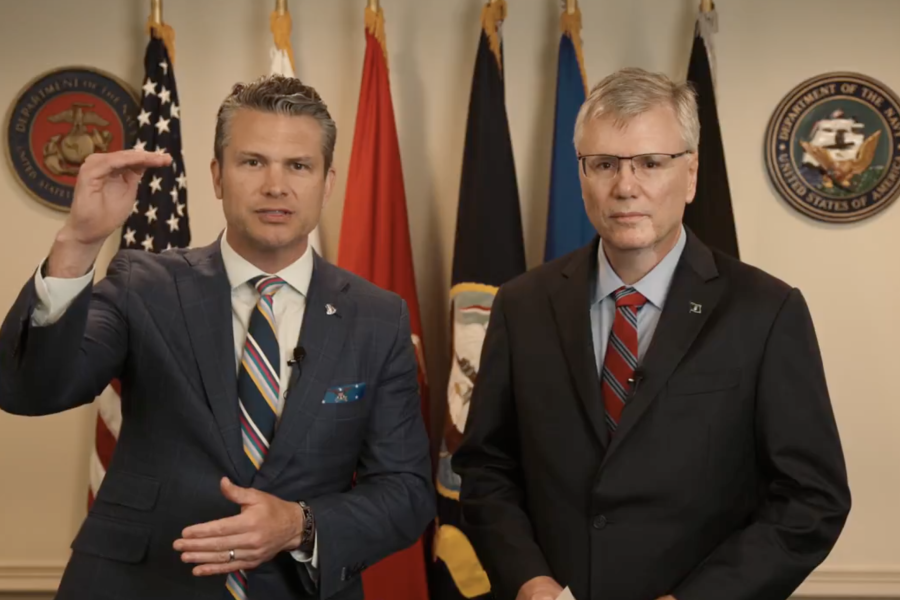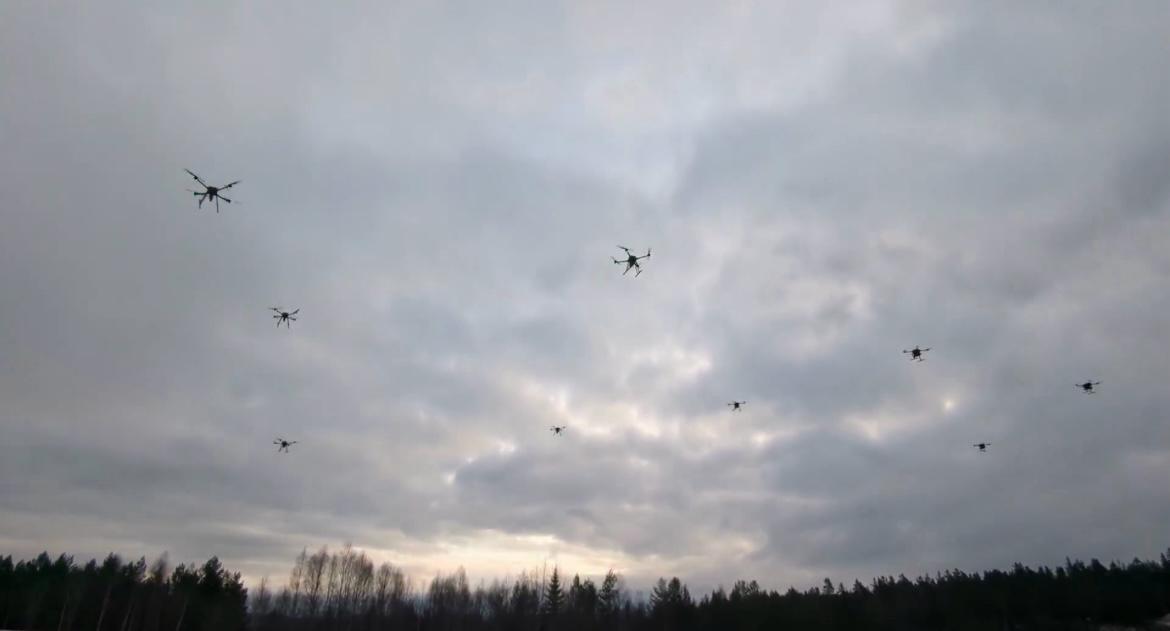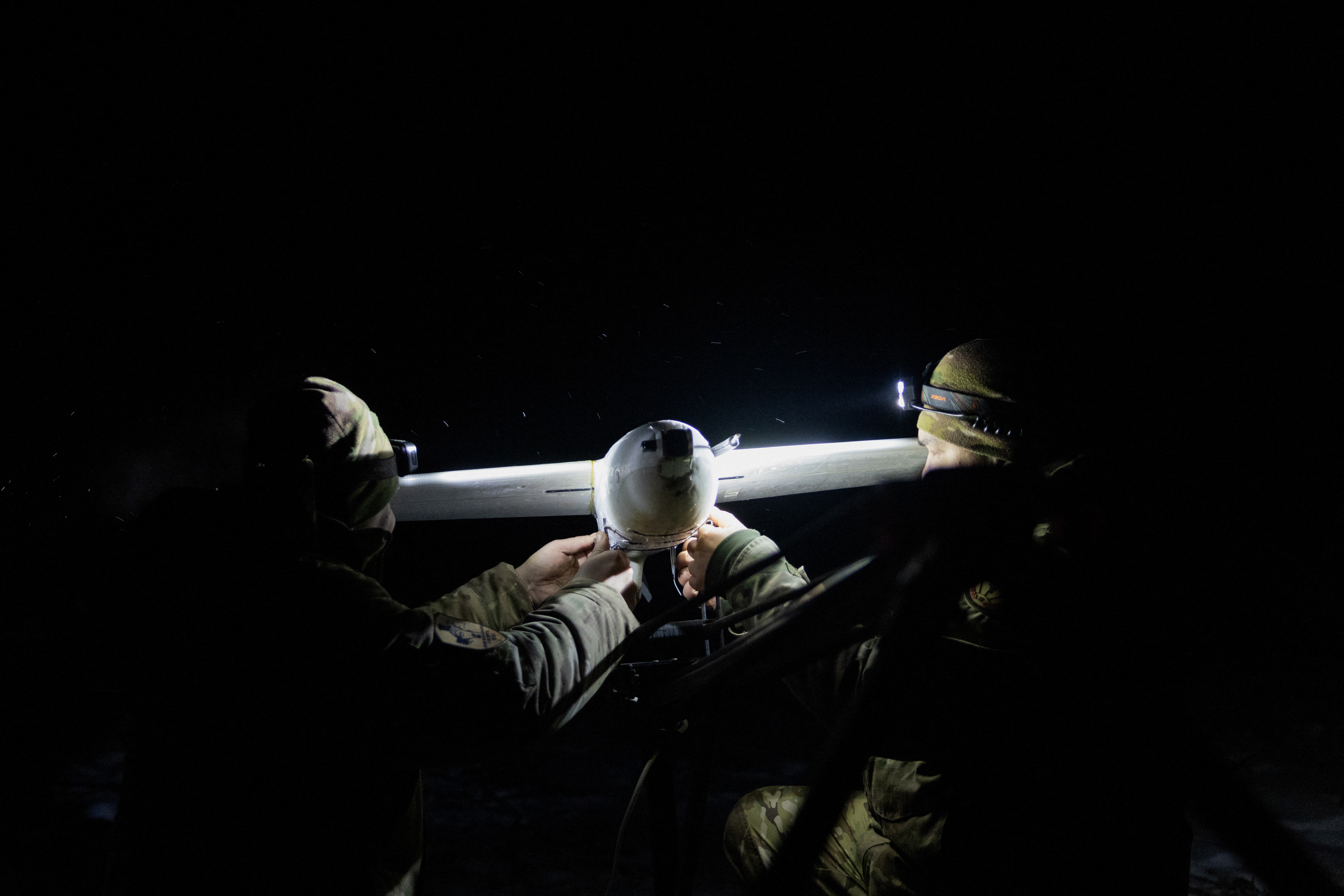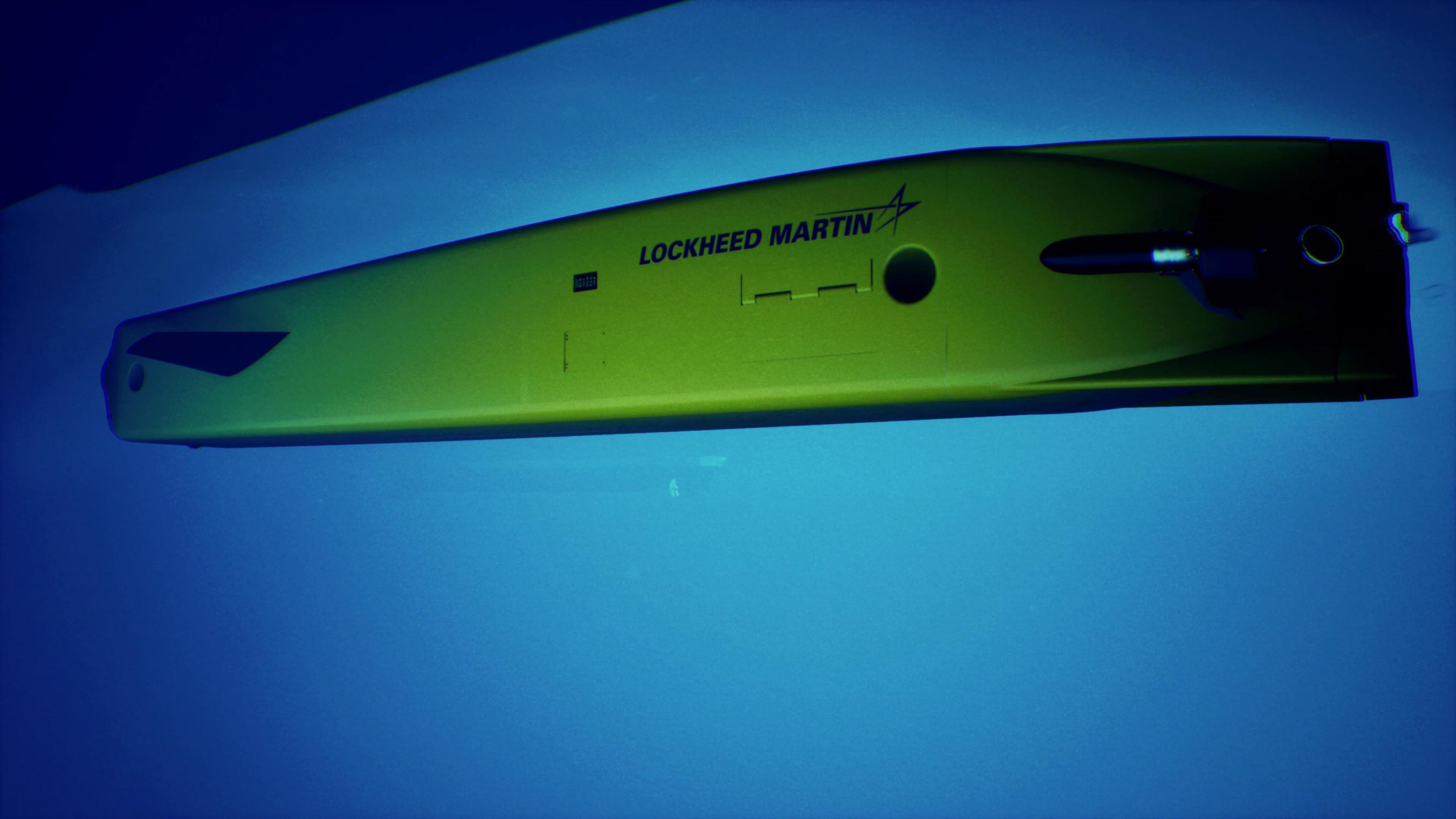
The Department of the Air Force is claiming more than $10 billion in savings as part of President Donald Trump’s Department of Government Efficiency (DOGE) initiative, according to Defense Secretary Pete Hegseth and Air Force Secretary Troy Meink.
The department did not provide a full breakdown of the savings, but the bulk appear to be derived from cancelling contracts or planned contract pools for consultants and cutting civilian jobs.
In a video shared on social media, Hegseth said the Air Force has worked for six months with DOGE, Trump’s cost-cutting team, “cutting waste and working with vendors to reduce contract spendings.”
“I want to commend you, Mr. Secretary, and the entire Air Force team in rooting out excess,” Hegseth added.
Meink said the department reviewed more than 500 contracts and 50 business systems as part of its efforts.
“With the modernization going on, which is the largest in the history of the Air Force, every last dollar is going to be necessary to bring that lethality and peace through strength,” he said.
A Department of the Air Force spokesperson told Air & Space Forces Magazine that the total savings were valued at $10.4 billion, to include “cost savings or avoidance on contracts including descoping, reducing the contract ceiling, terminating, or declining to exercise contract option periods.”
The spokesperson could not provide a detailed breakdown of those savings, but did provide a few examples.
By far the biggest savings—or at least cost avoidance—comes from reductions to the Department of the Air Force Strategic Transformation Support contract, an Indefinite Delivery, Indefinite Quantity contract through which offices can access consulting and advisory services on Air Force enterprise changes.
The Air Force spokesperson claimed that by terminating and descoping the program, the department saved $4.8 billion. On its website, DOGE says it saved $3.75 billion by terminating a second AFSTS contract vehicle before it was awarded, plus another $832 million by canceling a task order for Deloitte under the first AFSTS contract, and $104 million in AFSTS contracts for other consultants.
Most of those savings aren’t funds that have been spent or obligated, though. Under IDIQ contracts, companies can compete for task orders up to the ceiling amount listed. But the actual amount spent can vary. USASpending.gov, for example, lists $353 million in Pentagon spending on AFSTS. In fiscal 2024, the total was around $12.17 million.
Additionally, “we identified significant savings in terminating IT Service Contracts by eliminating unused software licenses,” the Air Force spokesperson said. “In one example, we were paying for 16,000 licenses but only 300 licenses were being used. That’s a utilization rate of just 1.9 percent. We renegotiated the contract to match actual deployment needs. The result: $19.4 million in immediate savings plus long-term cost avoidance by rightsizing the license usage.”
DOGE’s website notes a canceled contract worth $309.9 million for an Air Force Research Laboratory effort called Mayhem, meant to develop “a larger class air-breathing hypersonic system capable of executing multiple missions with a standardized payload interface,” plus another
The Air Force also noted DOGE savings in documents for its 2026 budget request released last month, most of it from civilian personnel reductions or consulting and contractor cuts. A budget briefing notes $1.7 billion in savings from “civilian workforce optimization” and $1 billion from cutting back on “Advisory and Assistance Services.” It also claimed $368.1 million in savings on reduced travel expenses, and $340.9 million in shelved climate initiatives.
Air Force and Space Force officials told Congress earlier this year they expect to a significant portion of their civilian workforce as part of a the DOGE drive to reduce the Pentagon civilian workforce by 5 to 8 percent. Lt. Gen. Caroline Miller, Air Force deputy chief of staff for manpower, personnel, and services, said she expects to lose about 12,000 Air Force civilians, roughly 6 percent of the department’s 186,000 civilian employees. Chief of Space Operations Gen. B. Chance Saltzman estimated a reduction of “almost 14 percent of our civilian workforce.”
Hegseth’s office did not immediately provide a breakdown of the purported savings.
The post Air Force Claims $10.4B in DOGE Savings, Most from Consultants and Contractors appeared first on Air & Space Forces Magazine.

Budget, National Security, civilian workforce, DOGE, Pete Hegseth, Troy E. Meink
Air & Space Forces Magazine
[crypto-donation-box type=”tabular” show-coin=”all”]





